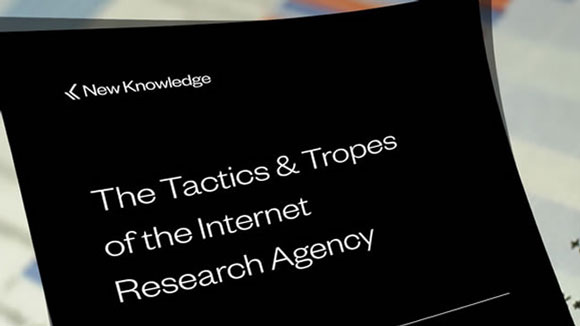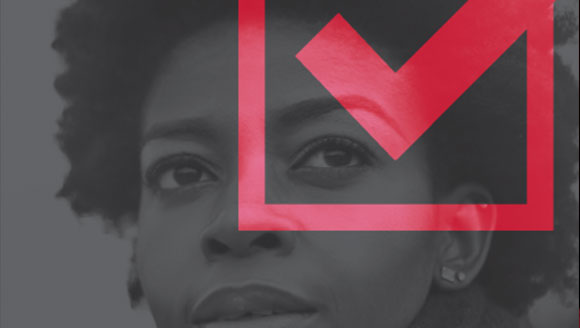Changing the Narrative: Technology Innovators Versus Technology Consumers
 George H. Lambert, Jr.
George H. Lambert, Jr.
President & Chief Executive Officer, Greater Washington Urban League, Inc.
Twitter: @GWUrbanLeague
With 80 years of service as our region’s oldest civil rights organization, the Greater Washington Urban League understands the need to prepare our community to effectively manage the constant stream of new technologies reshaping our society. However, our primary focus is not simply to adapt to our new digital reality. We are committed to developing a response plan that encourages a new generation of thinkers, innovators, and entrepreneurs. Black America’s collective response to emerging technology will determine whether it is an opportunity—or an existential threat.
Here in Washington, D.C., we recognize that we are more than the nation’s capital. The Greater Washington region is among the fastest growing incubators of innovative technological development. With one of the largest concentrations of Black residents in the country, there is an enormous opportunity to ensure that our young people are not only consumers, but conceptualizers, creators and developers of new technology. To achieve this goal, our approach has been far reaching and driven on STEM fundamentals. We have also expanded our advocacy ecosystem, and have engaged think tanks and research institutions as part of our multi-pronged strategy to influence conversation, policymaking and outcomes.
We began our work with a combination of forward-thinking programming and awareness campaigns, using social media as a key communications component of our work. One core initiative was the Greater Washington Urban League’s Entrepreneurship Incubator Program, an intensive, specially-tailored 10-week initiative designed to encourage and foster new minority and women-owned small businesses in the District of Columbia, Prince George’s County and Montgomery County, Maryland. Our entrepreneurs underwent more than two months of training with an EIP counselor. At the end of the program, one finalist was selected to launch a start-up with the support of the program.
We face a grave, triple threat throughout the Greater Washington area. Black unemployment, particularly in the District of Columbia, is much higher than many are willing to admit. There are too few Black-owned businesses despite the high concentration of Black residents. And a national college affordability crisis is preventing many talented and deserving Black men and women from attending college and attaining their American dream.
To combat these systemic challenges, we encourage policymakers to dismantle barriers to equity; we call on established businesses to make necessary investments in workforce development; and we urge leaders in our region to build access to quality education. Most importantly, we call on Black America to see the opportunity—not seek shelter from the change. Technology can become the very thing that will help us control our fate, create our destiny and change the narrative.


 Equality Index
Equality Index  Senate Report
Senate Report  2020 SOBA Essays
2020 SOBA Essays  2019 Report
2019 Report 